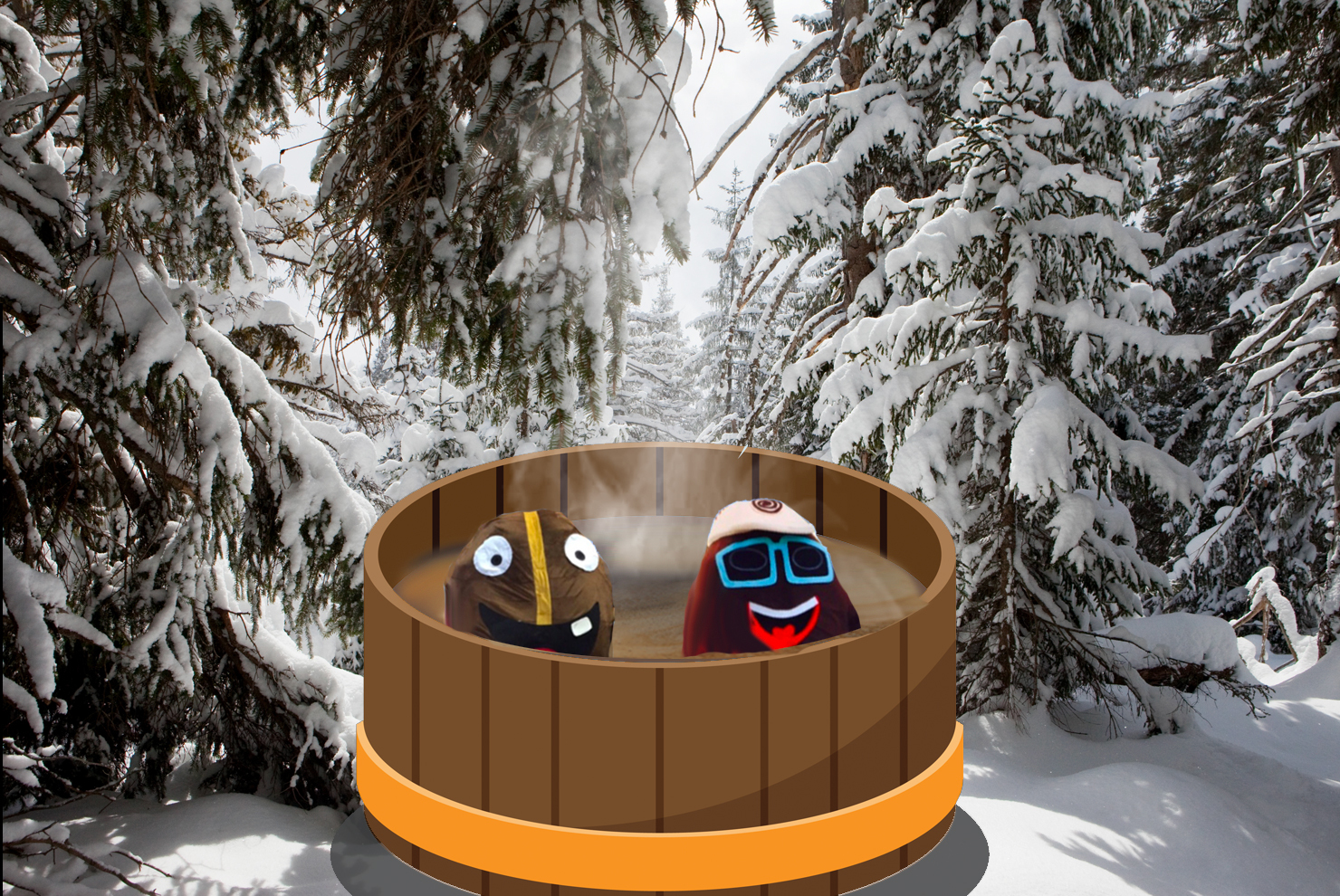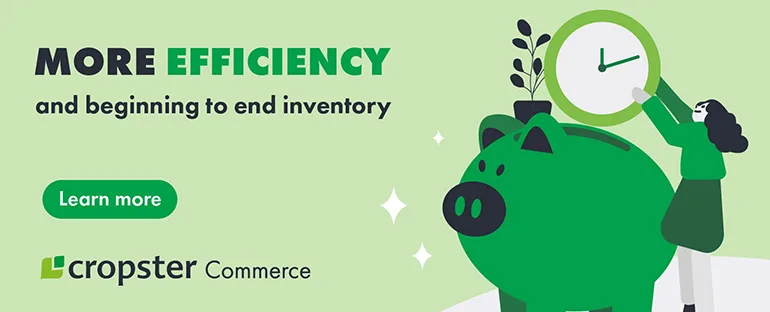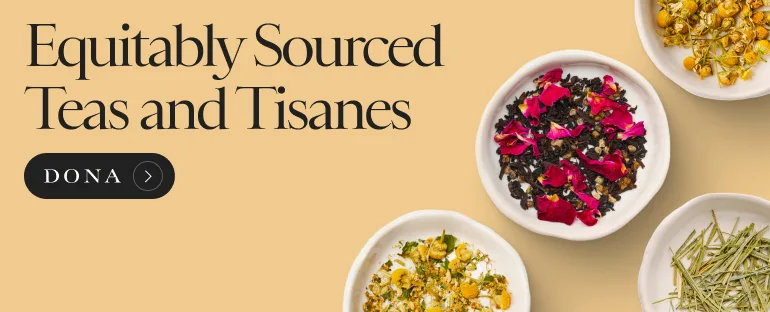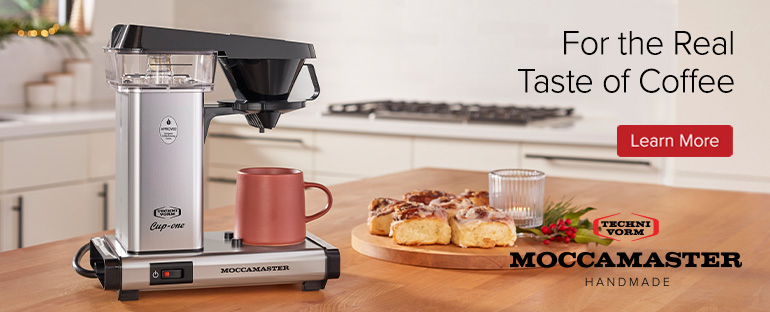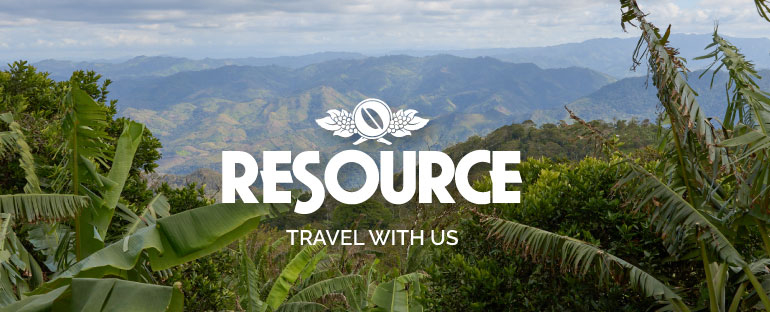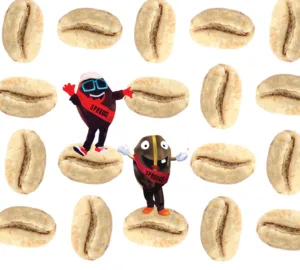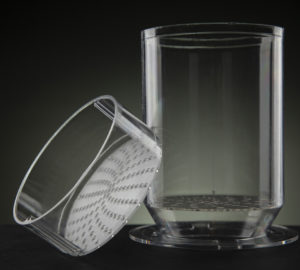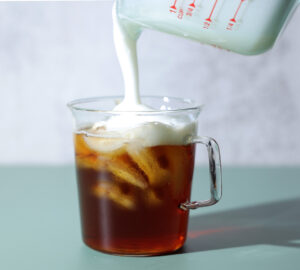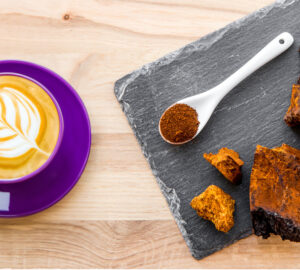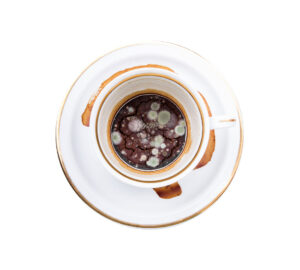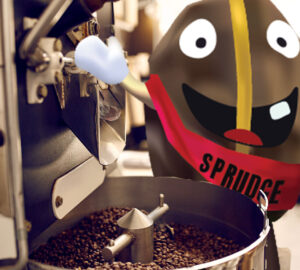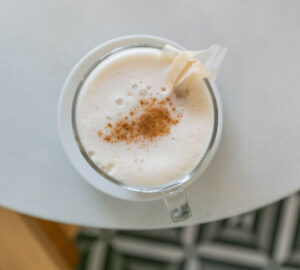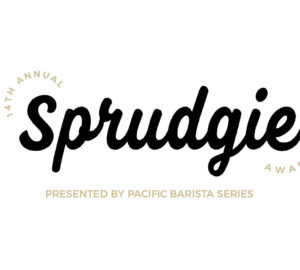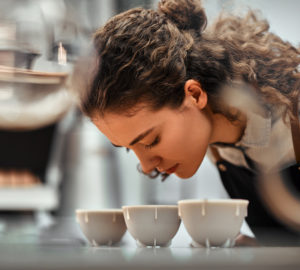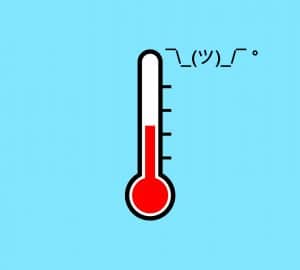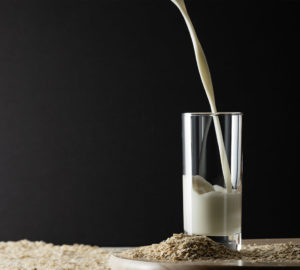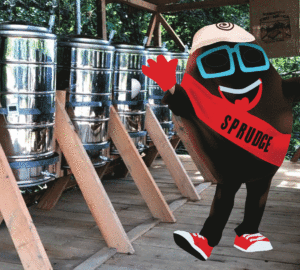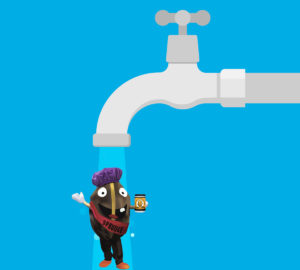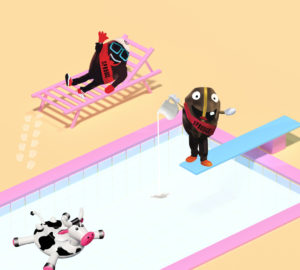What is the ideal temperature to drink coffee?
In the coffee world, we’ve talked a lot about the ideal temperatures at which to brew coffee. But unless you usually position a coffee dripper directly over your mouth, chances are you’re drinking coffee at a lower temperature than that at which it was brewed, meaning there’s another temperature to consider for coffee consumption—perhaps one that brings out coffee’s best qualities. But what could that temperature even be??
First things first: to even begin to approach this question, we need to limit our inquiry to black coffee only—otherwise things go completely off the rails—and we need to preface our discussion with a reminder that taste is subjective. Those things out of the way, it turns out there is at least a little bit of consensus on this topic.
A recent study out of the University of California Davis Coffee Center found that most people best enjoy drinking black coffee within a temperature range of 58–66°C (136.4–150.8°F). The study additionally suggests that at a range of 68–70°C, fewer drinkers will complain about the coffee being (or quickly becoming) too cold. Coffee served at 68–70°C will soon cool down to the optimal range, so this provides a good benchmark for an ideal serving temperature of coffee, too.
How could anyone possibly determine these temperatures?
Scientists Mackenzie E. Batali, William D. Ristenpart, and Jean-Xavier Guinard served more than 3,000 cups of coffee to a group of more than 100 (non-coffee-professional) coffee drinkers in their 2020 paper, “Brew temperature, at fixed brew strength and extraction, has little impact on the sensory profile of drip brew coffee“. These data were then used to find the answer to a secondary question the resarch prompted, about consumption temperature.
“The whole reason we dived into this study is we did a study based on brew temperature…and we saw a pretty substantial fraction of the consumers were indicating it was too cold. We wanted to dive a bit more into that and try to understand a bit more about this trend,” explains coauthor Dr. William Ristenpart.
For the study, brewing was controlled for consistent TDS and extraction yield. However, the serving temperature happened to vary somewhat due to real-world conditions. This turned out to be of benefit in providing additional data that helped the researchers narrow in on consumer preference for drinking temperature as well.
“We took great effort into having people taste at all the same temperature, and we let it cool down to try to serve it at all at 65°C. In that study for the consumer part, we served over 3000 cups of coffee, so this is not a one afternoon experiment,” explained Ristenpart. “With 3000 cups of coffee, there were natural variations in the temperature. We measured temperatures as served, and had really detailed consumer preference data and were able to build the graphs that show how the beverage temperature affected consumer preferences of ‘too hot’, ‘too cold’ and ‘just about right’.”
Why does temperature matter so much, besides not burning your tongue or feeling like the coffee is too cold?
As anyone who has cupped coffee professionally, or anyone who has simply started a cup of coffee, gotten distracted, and come back later can tell you, the characteristics of coffee change gradually as it cools down. Some of the changes can add increased complexity to the tasting experience, explains 2022 World Brewers Cup champion Sherry Hsu. “I think drinking temperature between 65°c to room temperature would be most ideal, as it wouldn’t scald your tongue, and you can also experience the richest aroma and flavor within this range,” says Hsu. Hsu also notes that acidity (usually considered a good quality that makes a coffee taste more dynamic and lively) increases as temperature decreases.
Personal—and seasonal—preference yet again come into play with this question, as well. Hsu notes that older customers tend to prefer a hotter drinking temperature for coffee, and that during colder months, all her customers prefer hotter drinking temperatures than in warmer months.
Is there a relationship between brew temperature and drinking temperature in terms of both working together for optimal taste in the cup?
Great question! Yes and no. Dr. Ristenpart explains that his team found that TDS/extraction yield were the dominant factors in determining a coffee’s final sensory profile, not brewing temperature per se. However, the analysis of consumption temperature lends an additional element of explanation to what drinkers prefer beyond just the sensory aspects: they also want their coffee to be warm or cool enough, no matter what the flavor profile.
So should I be waiting a specific amount of time to drink my coffee after brewing it?
You probably already know the temperature at which you most enjoy drinking coffee, but if it’s on the hotter side, perhaps you might try letting your favorite coffee cool just a bit more and see if you experience any new dimensions. As to whether you should be worrying about hitting the perfect drinking temperature every day at home, Ristenpart says there’s not an empirical answer to the perfect coffee brewed in the perfect way. However, he notes, the ideal range can be a guideline when you need one. “Let’s say you just dropped $80 on a Gesha, or are impressing a date who loves great coffee—aim for this.”
Liz Clayton is the associate editor at Sprudge Media Network. Read more Liz Clayton on Sprudge.







